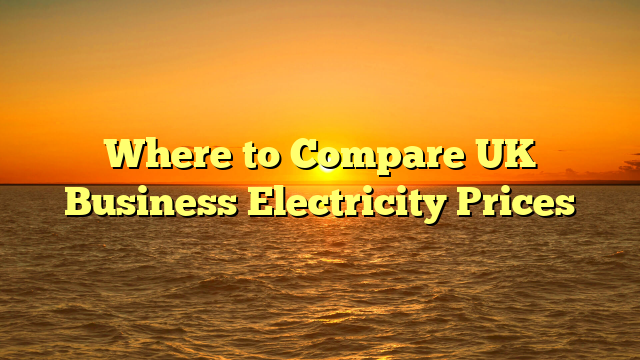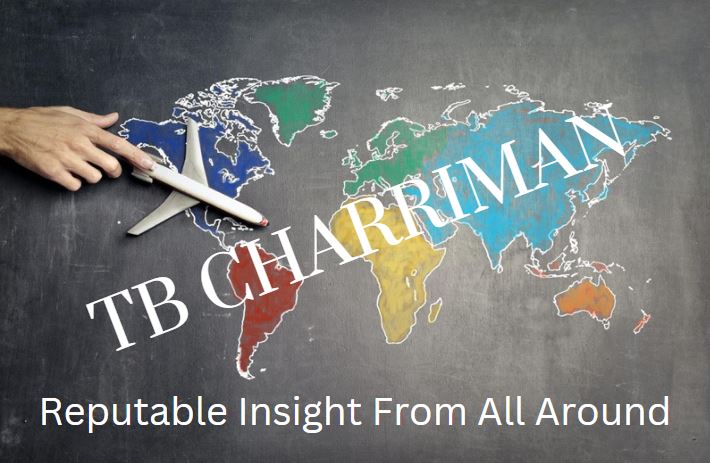Where to Compare UK Business Electricity Prices

If you run a UK-based business, it is important to be aware of the places you can compare electricity rates in the UK. There are many providers to choose from, which is why you should find the most suitable provider with the best price. Be aware of any taxes or VAT you may be subject to. VAT is charged at the flat rate of 20%, however there are discounts for certain situations. For more information, read this guide to VAT on business energy bills.
Smaller suppliers
With more customers realising that large electricity providers for business may not offer the best rates and service, many are turning to smaller providers. In fact, a third of customers who use electricity for business are switching from a large provider to a smaller, independent business. These smaller providers can offer lower rates and provide better service.
Although the ‘Big 6’ energy companies dominate the UK market smaller independent companies are now beginning to challenge them. They don’t have to be licensed by the government as the Big 6, so they have lower rates.

Big 6
For many years the Big 6 energy suppliers have been the dominant players in the business electricity market, but in recent years the competition has grown. While their market share is still around 70 percent, it has increased as more and more customers are searching for best business energy prices. Although the Big Six have managed to maintain stable prices for electricity over the years smaller independent providers are becoming more competitive. They don’t have to deal with the same licensing restrictions imposed by the government and often offer cheaper rates.
Despite the UK market being highly competitive and competitive, the Big 6 energy companies remain market leaders. British Gas, EDF Energy and E.On Energy are the biggest companies. These are the longest-running and largest energy providers in the UK and have over 500,000 business energy customers. It doesn’t matter whether you need electricity, gas or heating. It is important to understand the energy company that you’re using.
Economy 7
If you’re looking for a low-cost business electricity tariff you might want consider Economy 7 or Economy 10. Both tariffs offer lower energy costs during off-peak times. It is important to think about the time of day when you’re using your electricity, and if you’ll need your electric heater on during non-peak hours. A storage heater, for example, is an excellent option for off-peak times. It’s designed to generate heat over the course of the night and secure it for the night, and let it go during the daytime hours.
The off-peak hours are typically between 11 p.m. and 1 am and is over by 6 8 am or 6 am, or when daylight saving time change. If you are using your electricity during these hours will depend on the provider you choose and the type of meter you’re using. For instance, some companies offer reduced rates during off-peak times when you’re not using your electricity at all however, you must verify if you’re able to use it during those hours.
Smart export guarantee
Smart Export Guarantee is a program of the government that provides small-scale renewable energy producers for excess electricity they export to the grid. It replaces the Feed-in Tariff programme that expired in April 2019. The SEG tariffs will come into effective from January 2020. compare business electricity is open to small-scale generators on an voluntary basis.
Smart export guarantee tariffs are flexible and are able to change depending on market demand. Exports during peak hours will be priced higher than during off-peak hours. The kind of tariff that’s suitable for a business will depend on the amount of energy it exports and the frequency at which it exports, and how much it will cost per unit. It is suggested that a business evaluates several tariffs prior to deciding on a tariff.


Recent Comments